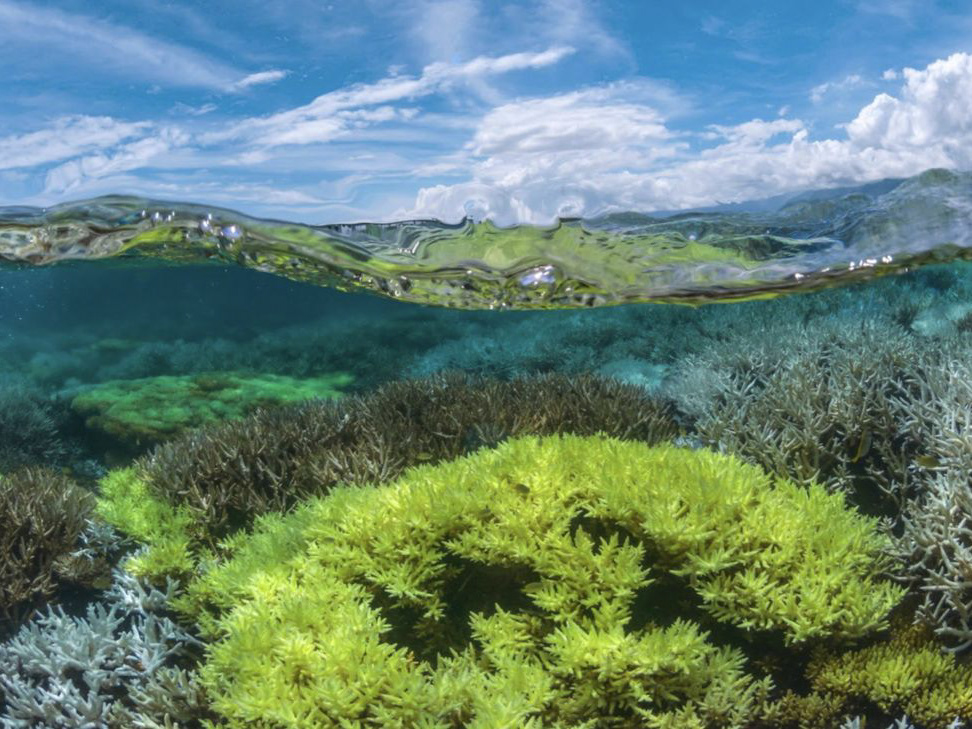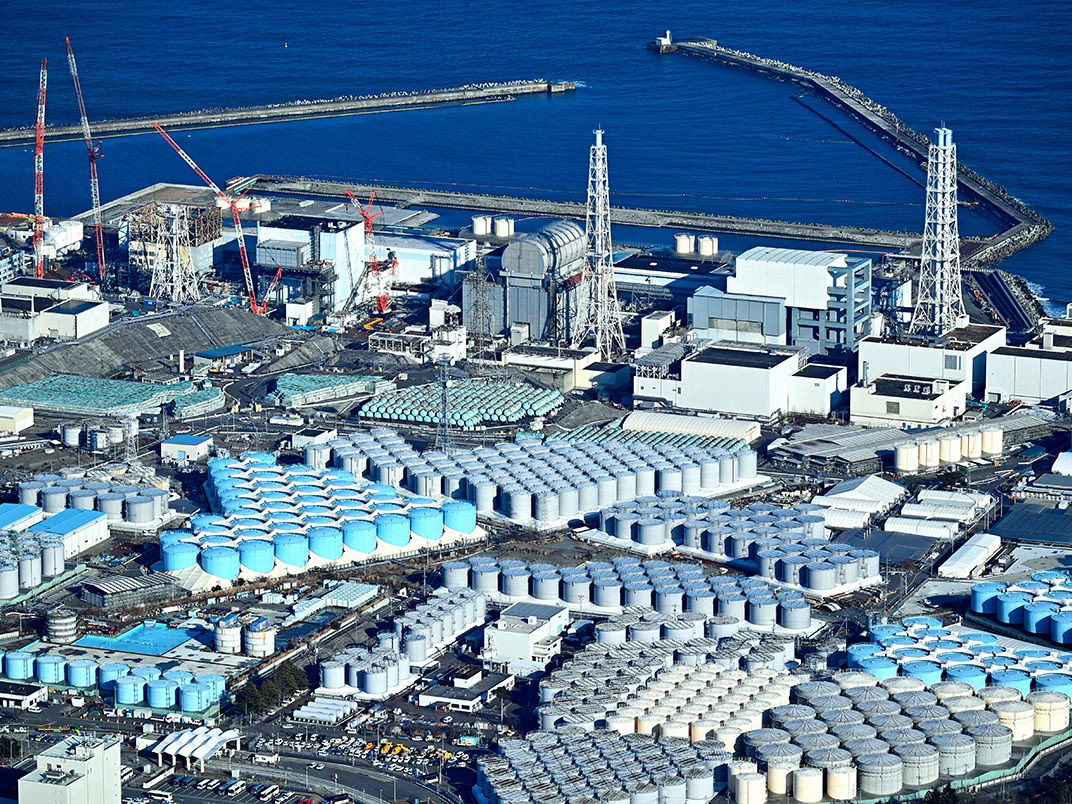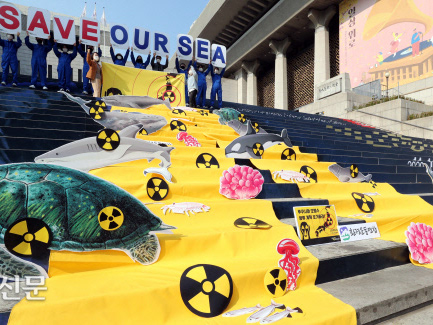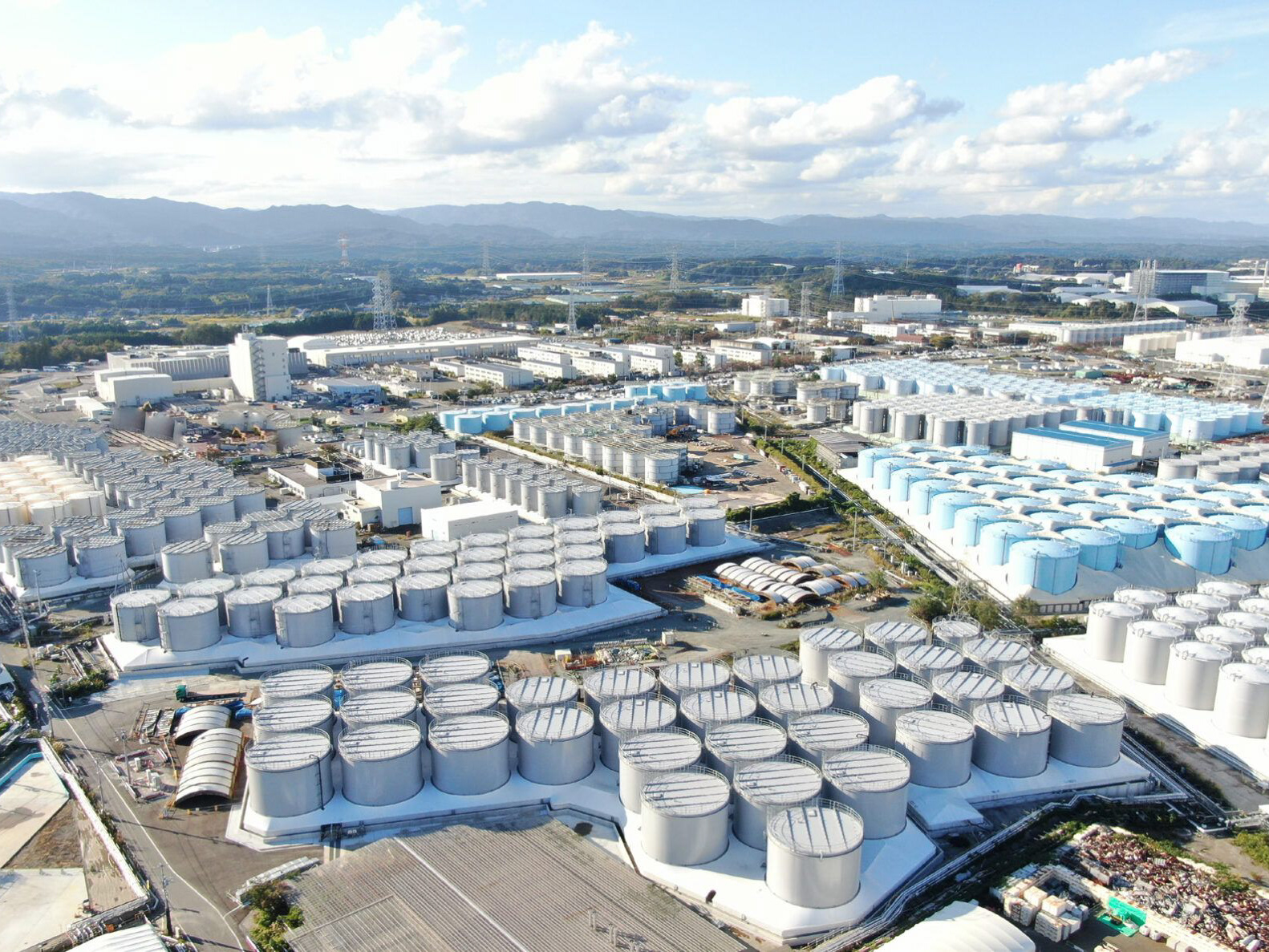While Japan has focused on the technical aspects of safely releasing treated radioactive water, other stakeholders—particularly Pacific Island nations and global fishing communities—are sounding the alarm. Their concerns are not rooted solely in the immediate scientific data but in the long-term, potentially irreversible consequences this decision could have on their livelihoods and cultures.
For Pacific Island nations like Fiji and the Solomon Islands, the Pacific Ocean is more than a body of water—it is a lifeline. These nations depend on the health of their marine ecosystems for food security, economic stability, and cultural identity. The prospect of radioactive water, no matter how “treated” it may be, threatens the delicate balance these communities have nurtured for centuries. To them, Japan’s actions feel like a violation of a shared natural heritage, a reminder that smaller nations often bear the brunt of decisions made by more powerful ones.
The global fishing industry, too, is bracing for the fallout—not necessarily from contamination, but from consumer fear. Already, Japanese fishermen have seen the devastating effects of public perception. What happens when that fear spreads globally? Fishing communities from South Korea to the Philippines worry that even the perception of contamination could lead to collapsing seafood markets, regardless of actual safety levels.
These concerns are not merely economic; they are about respect for the environment and the livelihoods it sustains. While Japan insists on the safety of the release, it must also acknowledge the ripple effects of its decision on communities that are far removed from Fukushima. The health of the ocean is inextricably linked to the health of these communities, and their voices deserve to be heard just as loudly as those making decisions in Tokyo.



